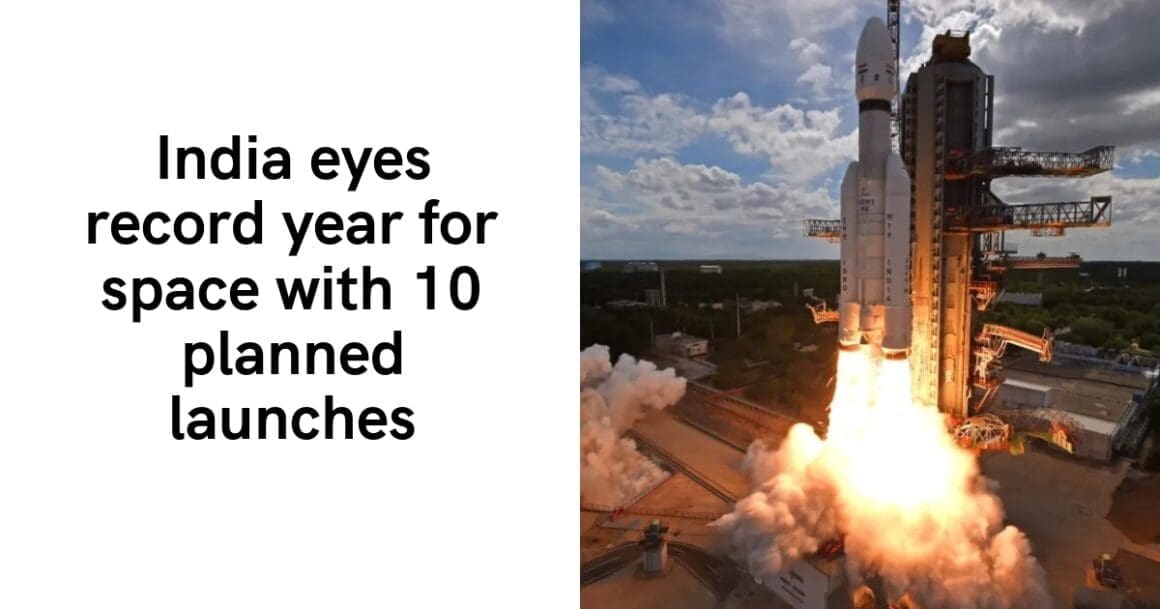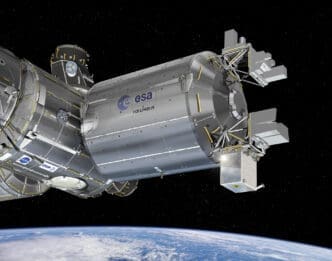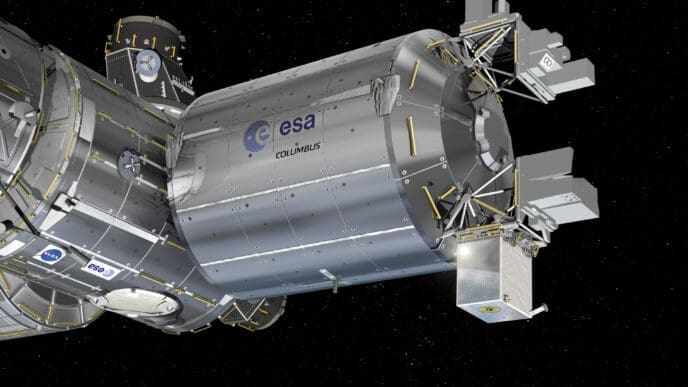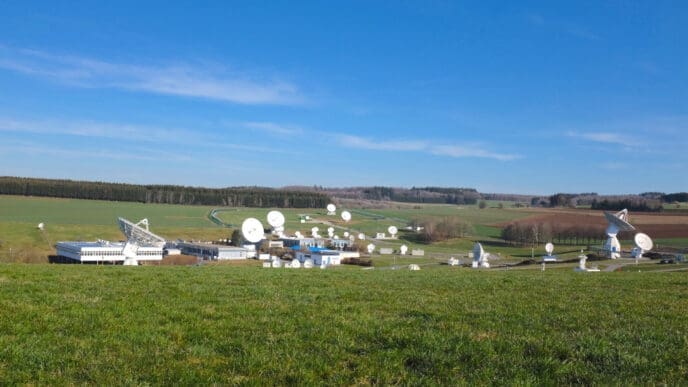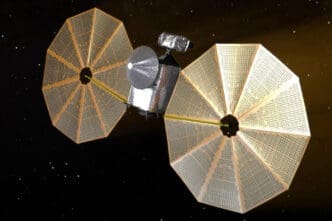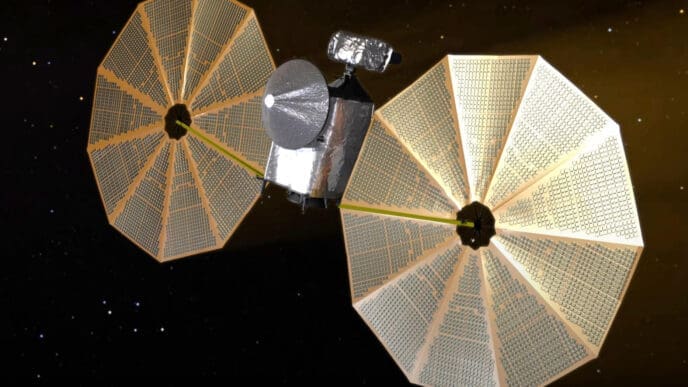India is setting ambitious targets in the space sector for 2025, aiming to undertake ten orbital launches, as stated by the Indian Space Research Organisation (ISRO). This milestone could mark a record for the country, aligning with its increased aspirations for global space engagement.
ISRO Chairman S. Somanath outlined the plan, highlighting a series of significant launches that will bolster India’s presence in the international space community. The schedule includes four launches of the Geosynchronous Satellite Launch Vehicle (GSLV), along with missions involving the LVM-3, and three using the Polar Satellite Launch Vehicle (PSLV), among others.
A key mission involves the G1 mission for the Gaganyaan human spaceflight program, aiming for an uncrewed test launch no earlier than March. This represents a critical step towards realizing India’s goal of becoming the fourth nation to achieve independent human spaceflight. Additional test missions, G2 and G3, are anticipated before a crewed flight potentially in 2026.
Among the highlighted missions is NASA-ISRO’s Synthetic Aperture Radar (NISAR), a joint Earth science mission slated for a March take-off on a GSLV rocket. This mission, delayed from 2024 due to technical issues, aims to map global land and ice formations, enhancing scientific understanding of our planet.
The first launch of the year, carrying the NVS-02 navigation satellite, is expected in mid-January from the Satish Dhawan Space Centre, marking the start of a busy period for the GSLV platform. Challenges remain, as Somanath noted, in ramping up manufacturing and launch capabilities to meet the ambitious schedule.
India’s space sector is also seeing a boost from the private industry, with Skyroot Aerospace gearing up for its inaugural Vikram-1 rocket launch. This three-stage rocket, designed for sun-synchronous orbits, reflects growing collaboration between public and private enterprises in the sector.
NewSpace India Limited (NSIL) is entering the commercial space race with its first PSLV launch, intending to deploy the TDS-01 technology demonstration satellite. This marks a significant commercial advancement for ISRO, emphasizing the expanded role of commercial launches in India’s space agenda.
Despite the extensive plans, Somanath acknowledges the need for further industrial backing and public-private partnerships to sustain and enhance India’s space capabilities. Investment and improvements in testing and manufacturing are crucial to achieving these goals.
With an ambitious schedule set for 2025, India is poised to make significant strides in its space endeavors. The planned launches reflect the country’s growing capabilities and determination to expand its influence in global space exploration.


